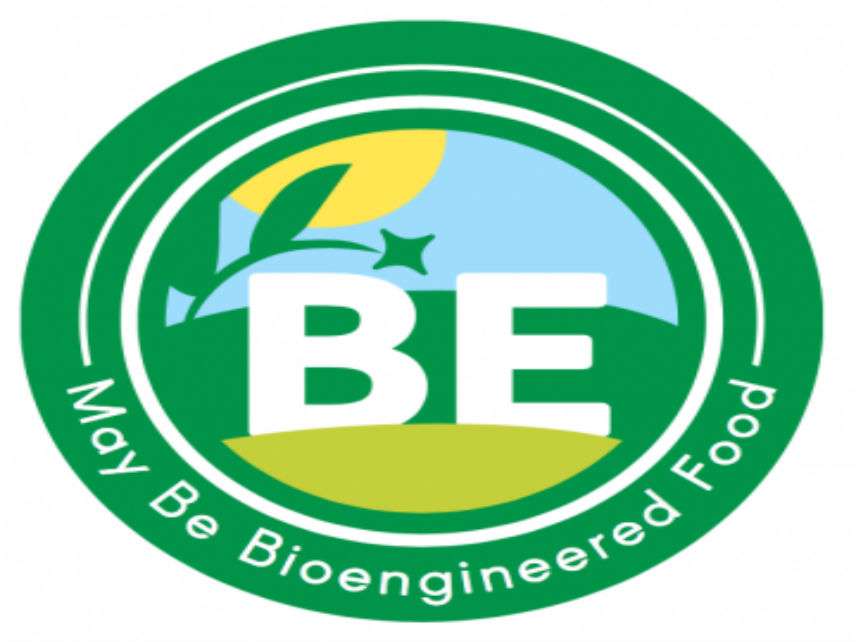New Useless and Costly USDA Bioengineered Food Disclosure Regulations Issued
The agency admits that its new bioengineered food regs are "not expected to have any benefits to human health or the environment."

The U.S. Department of Agriculture (USDA) has just issued its new National Bioengineered Food Disclosure Standard (NBFDS). "The NBFDS is not expected to have any benefits to human health or the environment," admits the agency. "Nothing in the disclosure requirements set out in this final rule conveys information about the health, safety, or environmental attributes of BE [bioengineered] food as compared to non-BE counterparts," adds the USDA.
But wait, there's more. A study commissioned by the agency reported that "USDA estimates that the costs of the proposed NBFDS would range from $598 million to $3.5 billion for the first year, with ongoing annual costs of between $114 million and $225 million. The annualized costs in perpetuity would be $132 million to $330 million at a three percent discount rate and $156 million to $471 million at a seven percent discount rate."
The regulations apply to foods derived from crops and animals that have had genes added to them for such beneficial attributes as faster growth, and disease, pest, and herbicide resistance.
So why is the agency doing this? Because Congress passed legislation back in 2016 pre-empting the proliferation of even more onerous state-based disclosure regulations on genetically enhanced crops and livestock. For example, complying with Vermont's 2014 labeling regulations would have cost the food industry between $1.9 billion and $6.8 billion in the first year alone.
So not only are the new regulations useless, implementing them will jack up food prices for consumers. Happy New Year.


Show Comments (5)